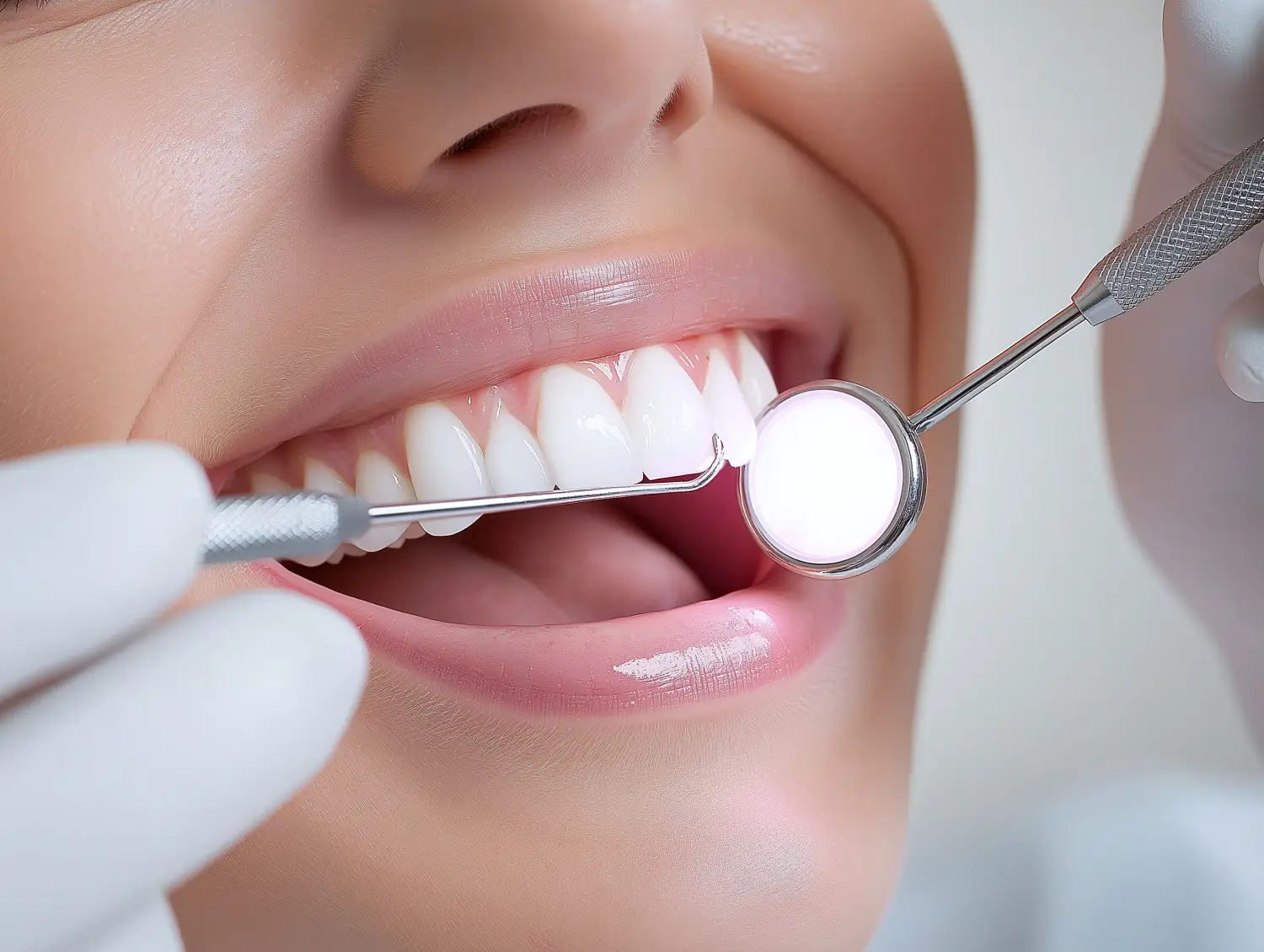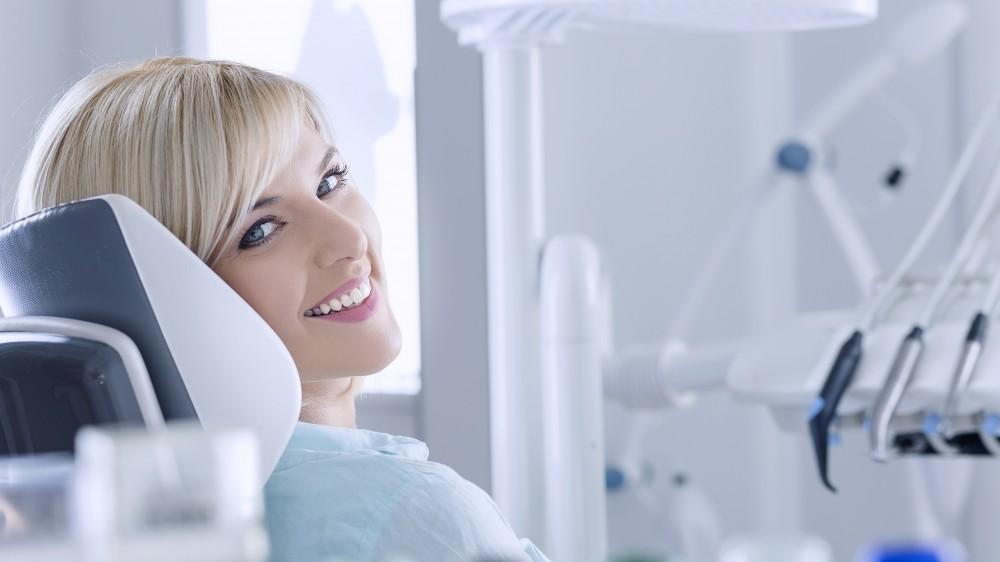
Confused Between Teeth Cleaning and Teeth Whitening?
Confusing teeth cleaning and teeth whitening is common among patients. Although the two procedures share similarities, they are very different and so is their purpose.
The main objective of teeth cleaning is to eliminate plaque and tartar from the surfaces of your teeth. This procedure reduces your risk of tooth decay and gum disease.
Teeth whitening, on the other hand, is a cosmetic procedure that removes tooth stains and discoloration. Simply put, teeth cleaning improves the health of your mouth and Orlando teeth whitening brightens and improves the appearance of your teeth.
We will take a look at teeth cleanings and teeth whitening in further detail down below.
Professional Teeth Cleanings
Professional teeth cleanings are recommended by The American Dental Association every 6 months. If you are at risk for tooth decay or have a history of gum disease, schedule teeth cleanings at intervals determined by your dentist.
Teeth cleanings are most commonly performed by your dental hygienist. A dental hygienist is a primary health care provider who has received special training and licensing to clean and polish patient’s teeth.
Different Types of Teeth Cleanings
Prophylaxis: This is the most frequent teeth cleaning procedure in Orlando. Most patients undergo this procedure every 6 months. During your teeth cleaning procedure, your dental hygienist will use a series of dental tools including scrapers and picks to eliminate tartar and plaque from your teeth.
Plaque is a sticky, white film that forms on the surface of your teeth. Over time, plaque causes tartar to form on the surface of your teeth also. Only your hygienist can remove plaque and tartar build-up.
After the plaque has been removed during your cleaning, your hygienist will begin polishing your teeth. They will use a high-powered electric toothbrush and toothpaste with a gritty-like consistency. Your hygienist will complete your cleaning by flossing your teeth.
Your prophylaxis cleaning will typically last 30 to 60 minutes. This procedure is pain-free and you should not expect to experience any pain unless you suffer from gingivitis.
Root Scaling and Planning: If your dentist detects signs of gum disease, they may recommend this dental procedure. Symptoms of gum disease include swollen, red or bleeding gums. Over time, this infection can cause pockets to form between the gums and teeth. Note, regular teeth cleanings can prevent gum disease as they remove plaque and tartar buildup.
Root scaling and planning is also referred to as deep cleaning or advanced cleaning. The main difference between a deep clean and prophylaxis is the tools used by your hygienist.
Local anesthesia is administered during root scaling and planning to ease pain and discomfort.
The Importance of Regular Teeth Cleanings
Teeth cleanings are essential for your oral health and well-being. Prophylaxis and deep cleanings aim to:
- Prevent tooth decay caused by the buildup of plaque and tartar.
- Treat and prevent gum disease from progressing.
- Eliminate chronic bad breath (halitosis).
- Identify serious dental issues including tooth decay, infections, gum disease, and oral cancer.
Teeth Whitening
Lastly, it is time to discuss Orlando teeth whitening. The goal of this procedure, is to whiten the teeth and remove surface stains and discoloration. Tooth stains can develop over time and are caused by dietary and lifestyle factors such as drinking coffee, smoking and taking certain medications.
Teeth whitening does not offer any oral health benefits, but it can improve your confidence and self-esteem. With that said, tooth stains don’t signify health problems unless the stains are a result of plaque and tartar build-up.
Patients can have their teeth professionally whitened or can use over-the-counter products to achieve results. However, teeth whitening performed at your dental clinic in Orlando is the safest and most effective option.
Visit your dentist for a “whitening evaluation” if you:
- Feel self-conscious about your teeth and avoid smiling due to stains and discoloration.
- Use over-the-counter whitening products but don’t notice any results.
- Are preparing for a special occasion or holiday and are wishing to look and feel your best.
Related Posts

Welcome to Orlando Center for Cosmetic Dentistry

Teeth Cleaning Aftercare Tips

What Are Dentures? Everything You Need to Know
%20copy.jpg)
Schedule your visit today
We’re here to help you achieve a healthier, more confident smile with precision care and no pressure. Let’s get you started.
